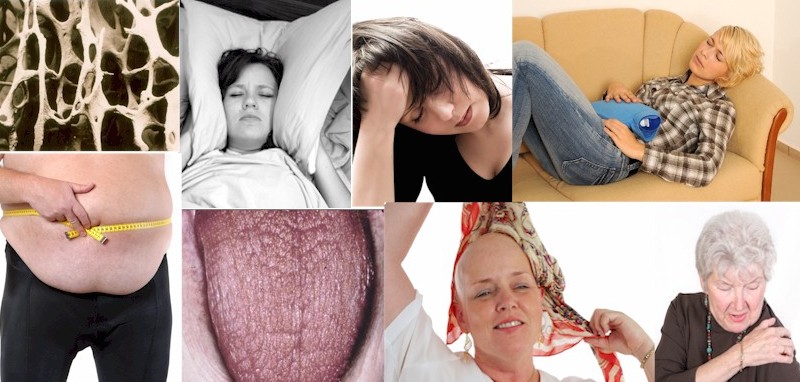|
|
||||||||||||||
|
Symptoms after cancer Self help coping strategies |

|
|||||||||||||
| Home | About Cancer | Treatments | Gut health | Diet | Poems | Lifestyle & Cancer | Coping with symptoms | Polyphenols & cancer | Healthy nails | ||||||||||||||
The chances for cure or long term remission from cancer have increased significantly over the last few years. This is partly because of early detection but also because of more intensive therapies. This means that there are more individuals alive who have been through the trauma of cancer and its treatments. Over 70% of men and women following cancer experience troublesome symptoms which can be caused by damage from the cancer itself, the initial surgery or oncology treatments such as chemotherapy, radiotherapy, hormone therapy or biological therapies. The 2013 edition of the book "Lifestyle after Cancer" has a comprehensive section describing patient experiences and tips from experienced professional giving you the best change of preventing, minimising and coping with both early and late side effects. Self help advice for specific symptoms: Symptoms which may reflect an underlying cancer or cancer relapse. (What to look out for): If you get one of these symptoms it is is advisable to present to our doctor for further tests:
|
||||||||||||||




